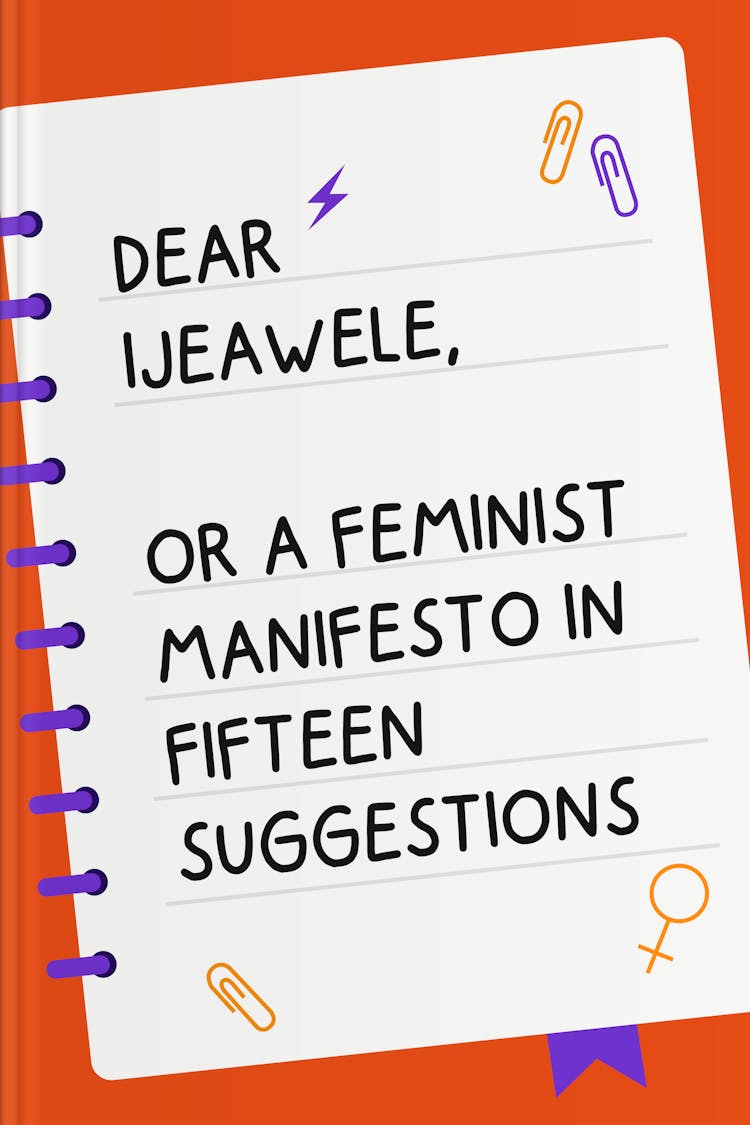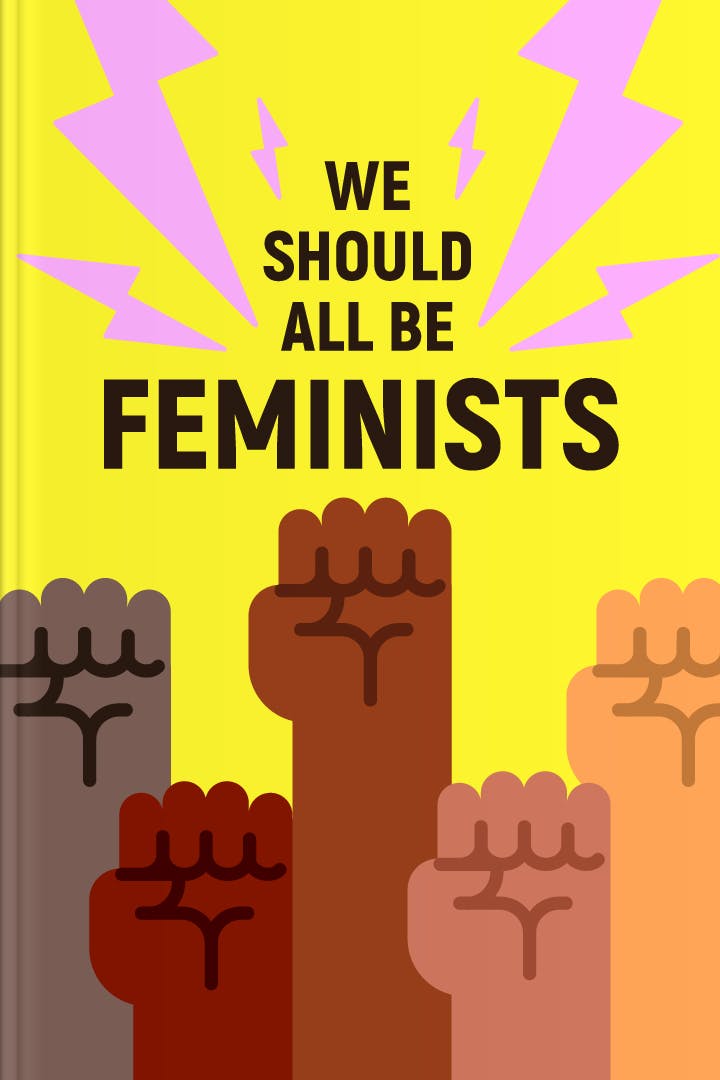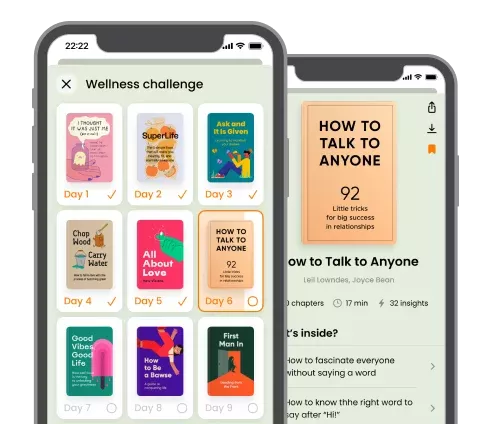2 Best Books About Sexism
Discover a diverse collection of books exploring the pervasive issue of sexism in society. Uncover eye-opening insights and challenge existing norms.
 1
1Dear Ijeawele, or A Feminist Manifesto in Fifteen Suggestions
by Chimamanda Ngozi Adichie
What is Dear Ijeawele, or A Feminist Manifesto in Fifteen Suggestions about?
In this empowering and thought-provoking book, the author offers fifteen invaluable suggestions to raise a feminist child. Drawing from her personal experiences and insightful anecdotes, she explores various aspects of gender equality, challenging societal norms and encouraging open conversations. With clarity and compassion, this manifesto serves as a guide for parents, caregivers, and anyone interested in fostering a more inclusive and equal world for the next generation.
Who should read Dear Ijeawele, or A Feminist Manifesto in Fifteen Suggestions
Women seeking guidance on embracing feminism and gender equality.
Parents looking to raise their children with feminist values.
Individuals interested in understanding the importance of feminism today.
 2
2We Should All Be Feminists
by Chimamanda Ngozi Adichie
What is We Should All Be Feminists about?
In this thought-provoking book, the author passionately explores the importance of feminism in today's society. Drawing from personal experiences and anecdotes, she highlights the pervasive gender inequality that persists worldwide. With eloquence and conviction, Adichie argues for the necessity of feminism, urging readers to challenge societal norms and embrace a more inclusive and equal future for all. This powerful manifesto serves as a rallying cry for individuals to recognize and address the systemic injustices faced by women.
Who should read We Should All Be Feminists
Young adults seeking to understand and challenge gender inequality.
Educators and activists advocating for gender equality and empowerment.
Individuals interested in exploring the intersectionality of feminism and social justice.
